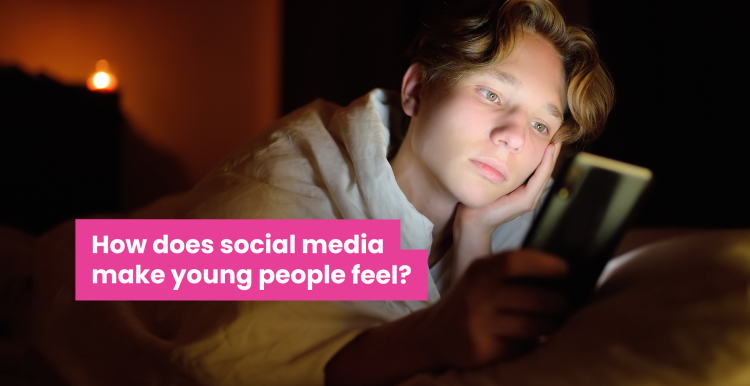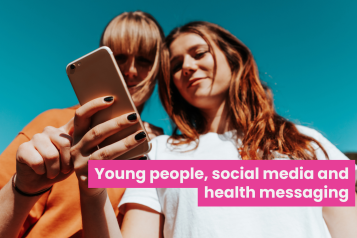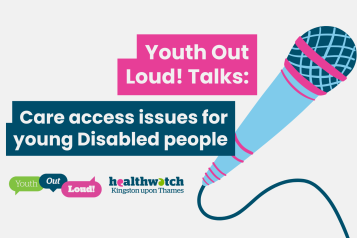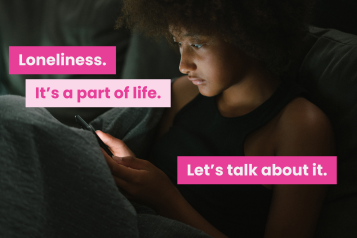How does social media make young people feel?

We recently asked young people in Kingston how they feel about social media and health. Their answers showed a mix of connection and concern - social media is where they go to talk, learn, and express themselves, but it also brings pressure, doubt, and anxiety. What they want most is honest, accessible support from people they can trust—delivered in ways that fit their world.
These discussions made us reflect on what we learnt from young people last year, when YOL! met to discuss their concerns about social media.
Online communities are an essential part of the modern landscape. They can offer opportunities to interact with people across the globe, keep in touch with friends and learn things about the world. Online, young people find new interests, develop skills and access different kinds of support. But this new digital connectivity creates challenges for young people that adults don’t often understand.
Always on: the pressure to be connected
Apps like BeReal and Snapchat encourage users to post every day – Snapchat in particular, popularised the concept of maintaining a “streak” by exchanging messages and photos with contacts every day.
For young people, keeping these streaks going feels like a social obligation. But the need to stay in contact and reply quickly can feel like a lot of pressure and prevent them from taking a break from their digital life.
YOL! members talked about how when young people are facing difficulties, being online all the time can feel like there's no escape, with negativity following them both in person and through their screens.
A drain on their attention
The group talked about how notifications could disrupt their daily life. The pull of a ‘ping’ representing contact draws them back to their phones, making it difficult to enjoy ordinary activities or complete tasks.
Feeling compelled to reply quickly or check updates makes it difficult to stay focused, and when they are back on their phone, they struggle to drag themselves away again.
The impact of comparison
Seeing photos that other people shared of themselves and their lives promotes comparison that impacts young people’s self-esteem and body image. YOL! members raised concerns about online bullying and trolling, describing how content and negative comments are posted to deliberately provoke or upset others.
Influencer culture came under scrutiny, with members sharing how young people have gotten into physical fights over celebrity-endorsed products and the concerns they have about toxic attitudes and views promoted by influencers.
Navigating fake news
With altered and fabricated content being easier than ever to produce, the group talked about how they were left not knowing who or what to trust, if they chose to trust anyone at all.
When adults don’t understand
The way that young people connect with one another and maintain friendships today is completely different to previous generations.
Members talked about how their parents and guardians don’t really understand their experiences, how these apps work, or why it matters so much to them.
This lack of understanding creates problems when young people look to them for advice and guidance. The disconnect between what the adults in their lives experienced growing up and what young people experience today makes it difficult for young people to feel supported and understood.
Information and resources
For information to help you understand how young people and children use social media, and to start family conversations about online safety, you can visit NSPCC and Young Minds.
For young people looking for tips to stay safe online, visit the Youth Out Loud! website to read advice from YOL! members.


